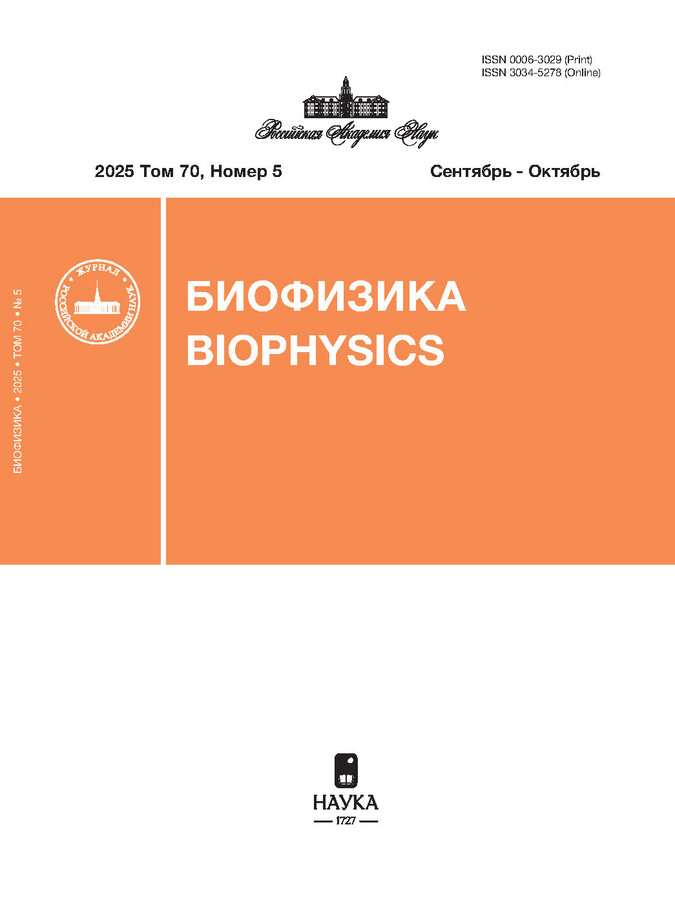Search
Issue
Title
Authors
|
Ankov S.V., Shipovalov A.V., Bogatischeva K.S., Zhukova N.A., Vanin A.F., Tkachev N.A., Pyankov O.V., Asanbaeva N.B., Bagryanskaya E.G. |
|
Saratovskikh E.A., Psikha B.L., Sanina N.A. |
|
Yurtaeva A.M., Badalov A.A., Kondratyev M.S. |
|
Vanin A.F., Abramov A.A., Timoshin A.A., Lakomkin V.L., Tkachev N.A. |
|
Kishilova S.A., Kolokolova A.Y., Rozhkova I.V. |
|
Vanin A.F., Pekshev A.V., Pechyonkin E.V., Vagapov A.B., Sharapov N.A. |
|
Vanin A.F., Ostrovskaya L.A., Korman D.B., Rykova V.A., Bluhterova N.V., Fomina M.M., Mikoyan V.D., Tkachev N.A. |
|
Kozin S.V., Ivashchenko L.I., Kravtsov A.A., Vasilyeva L.V., Vasiliev A.M., Bukov N.N., Dorohova A.A., Lyasota O.M., Bespalov A.V. |
|
Timoshin A.A., Shumaev K.B., Lakomkin V.L., Abramov A.A., Ruuge E.K. |
|
Vanin A.F., Tkachev N.A. |
|
Shipovalov A.V., Vanin A.F., Tkachev N.A., Pyankov O.V., Asanbaeva N.B., An’kov S.V., Bagryanskaya E.G., Baklanov A.M., Valiulin S.V., Stekleneva M.E. |
|
Vanin A.F. |
|
Lipengolts A.A., Skribitsky V.A., Finogenova Y.A., Shulyak A.T., Abakumov M.A., Bykov A.Y., Grigorieva E.Y., Smirnova A.V., Shpakova K.E., Zhizhin K.Y. |
1 - 13 of 13 Items
Search tips:
- Search terms are case-insensitive
- Common words are ignored
- By default only articles containing all terms in the query are returned (i.e., AND is implied)
- Combine multiple words with OR to find articles containing either term; e.g., education OR research
- Use parentheses to create more complex queries; e.g., archive ((journal OR conference) NOT theses)
- Search for an exact phrase by putting it in quotes; e.g., "open access publishing"
- Exclude a word by prefixing it with - or NOT; e.g. online -politics or online NOT politics
- Use * in a term as a wildcard to match any sequence of characters; e.g., soci* morality would match documents containing "sociological" or "societal"









